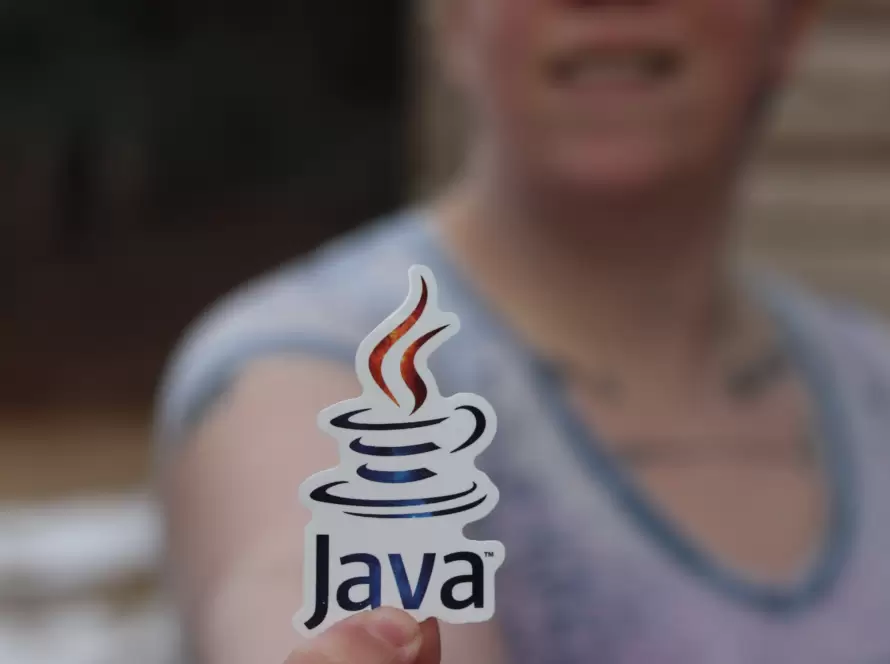Generated by Contentify AI

Java memory management is a critical aspect of software development that often goes unnoticed. Understanding how Java manages memory can greatly improve the performance and stability of your applications. In this blog post, we will delve into the world of Java memory management, exploring its inner workings and offering tips for efficient memory usage.
At its core, Java memory management is responsible for allocating and deallocating memory for objects used in a Java program. The Java Virtual Machine (JVM) employs a combination of automatic memory management techniques, namely garbage collection and automatic memory allocation. Garbage collection, a key feature of Java, automatically identifies and frees up memory occupied by objects that are no longer in use, ensuring efficient memory utilization.
To delve deeper, Java’s memory model consists of two primary areas: the stack and the heap. The stack is used for storing method calls and local variables, and it is automatically managed by the JVM. On the other hand, the heap is the area where objects are created and stored. It is managed by the garbage collector, which periodically runs to identify unused objects and free up memory.
To optimize memory usage in Java, it is crucial to pay attention to object creation and destruction. Avoid unnecessary object creation or holding references to objects that are no longer needed. Furthermore, it is essential to understand the different types of memory leaks that can occur, such as unintended object retention or incorrect use of static variables.
In conclusion, Java memory management plays a vital role in ensuring the smooth running of your applications. By understanding the inner workings of memory management and implementing best practices, you can improve performance and avoid potential memory-related issues. Keep these tips in mind as you develop your Java applications, and you’ll be well on your way to efficient memory usage.



